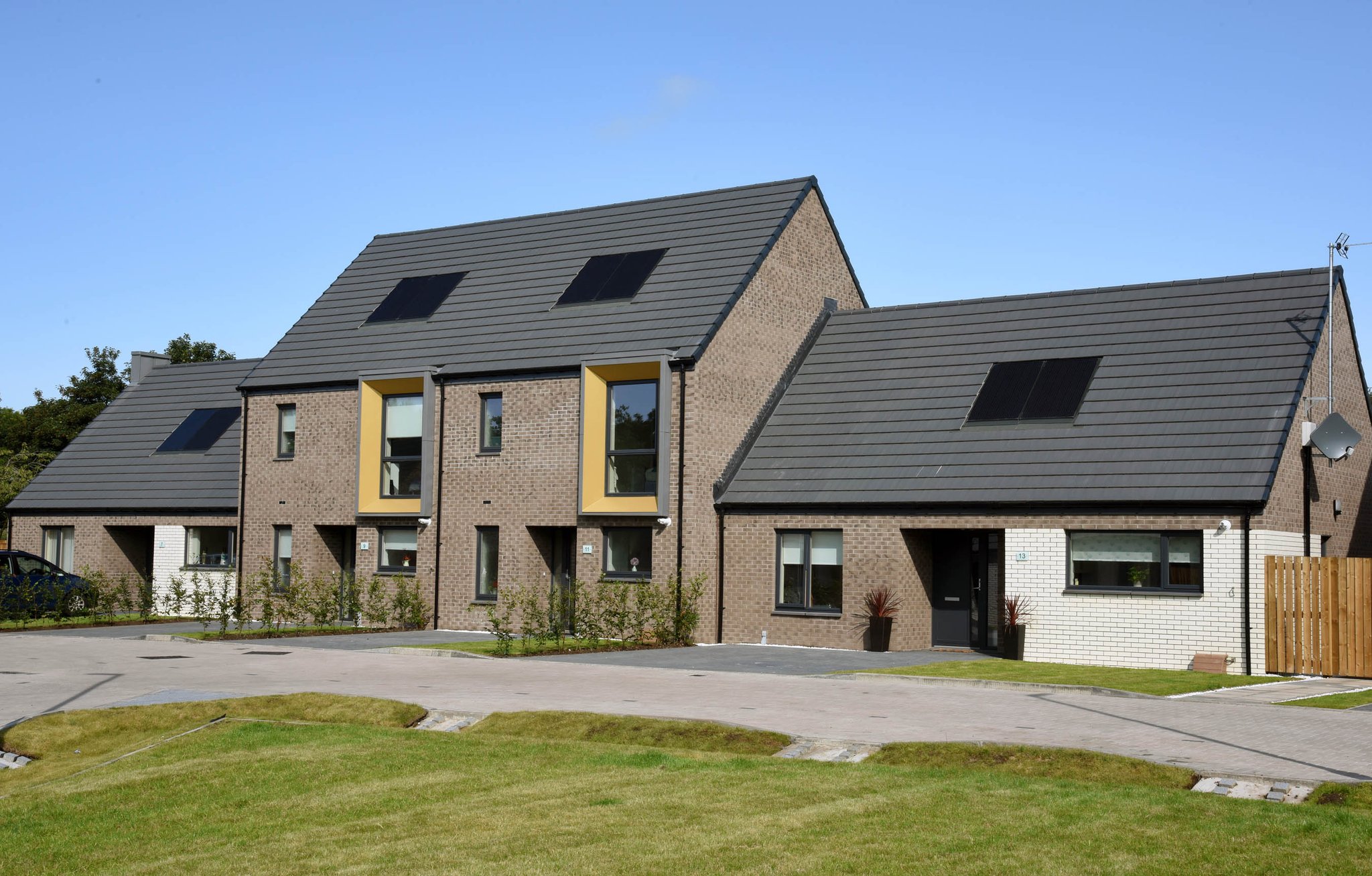North Ayrshire Council’s net zero ambitions laid out in new plan

North Ayrshire Council’s proposed vision for tackling climate change over the next four years has been unveiled.
The council declared a climate emergency in 2019. The Sustainable North Ayrshire Strategy for 2024-2027 is a set of actions that explain how the council will focus on fulfilling its commitment to achieve net zero carbon emissions by 2030.
The council’s previous Environmental Sustainability and Climate Change Strategies (ESCCS) have helped to achieve a 69% reduction in emissions from the council’s estate, and there has been a 43% reduction across the North Ayrshire area over the same period.
This new strategy is the updated version of the ESCCS, focusing on the good work that has already been done to tackle climate change and also what needs to be done next.
Climate experts have warned that the world has until 2030 to keep global temperatures from rising more than 1.5°C above pre-industrial levels.
In September this year, the Scottish Government recognised that the country is facing a Nature Emergency and is consulting on a draft Biodiversity Framework and five-year Delivery Plan for the Scottish Biodiversity Strategy.
The council’s five-year Plan for 2023-28 was published earlier this year and sets out a commitment to deliver on tackling climate change, and the new Sustainable North Ayrshire Strategy supports this ambition through the aim of achieving net-zero carbon emissions by 2030, and also to halt biodiversity loss by the same date.
Some recent progress highlights on the net-zero journey include:
- The council further reducing its carbon emissions across the estate by an estimated 14,600 tonnes
- Plans being drawn up to design and build two council-owned solar farms to provide vital renewable energy, with construction due to start in early 2024
- Launching a range of measures to address fuel poverty and ease the impacts of the Cost-of-Living Crisis by providing energy efficiency advice to over 7,000 households as part of a partnership with Home Energy Scotland, and providing almost £500,000 in emergency support payments to those struggling with rising utility bills.
- Launching a partnership with Ayrshire-based Green Home Systems to provide access to national ECO funding to provide energy-efficiency measures to eligible homes, reducing utility bills and carbon emissions, while improving access to affordable warmth
- Continuing to be one of the top performing local authorities for household recycling rates in Scotland, at 55.3%
- Avoiding 102,658 tonnes of municipal waste being sent to landfill by participation in the Clyde Valley Project, to recover energy from waste, generating enough electricity to power 32,000 homes
- Upgrading almost 80% of streetlights to energy-saving LEDs and
- The completion of the Upper Garnock Valley Flood Protection Scheme and progression of the Millport Flood Protection scheme to protect buildings and prevent coastal erosion.
Additionally, community groups and residents from across North Ayrshire were invited to attend a Spotlight On… Climate Change events in locations across the area in autumn this year, alongside other engagement activity.
The aim was to engage with communities, businesses and individual residents to hear as many views as possible.
The outcome of the public engagement showed that net-zero information needs to be more accessible, and that communities want to work together to identify their climate change priorities.
These points will be addressed as an action in the new Strategy to ensure that community involvement continues to be at the heart of how things progress.
Councillor Tony Gurney, cabinet member for Green Environment and Economy, said: “As we all know, 2030 is only seven years away. And efforts are being made to further reduce Council emissions and emissions across North Ayrshire.
“We can all play our part in working towards being net zero, including by giving some thought to which items we buy, how we can recycle and how we travel.”
Key actions in the strategy include developing new municipal renewable energy projects, including at i3 in Irvine, subject to further feasibility work and available funding, starting community carbon literacy training and developing Community Climate Action Plans for each of the six Localities.























